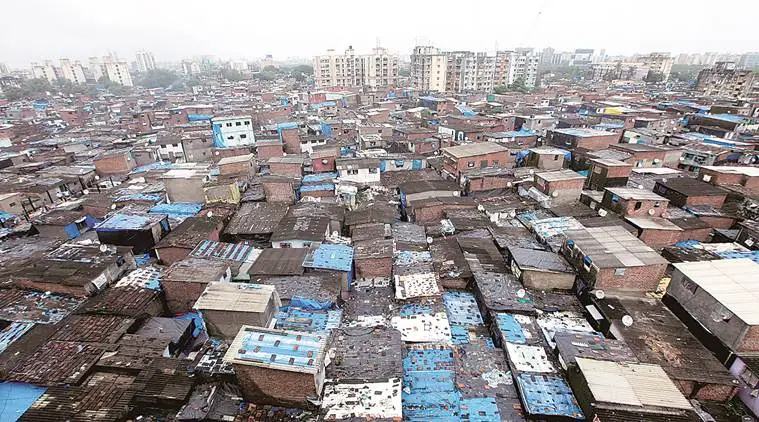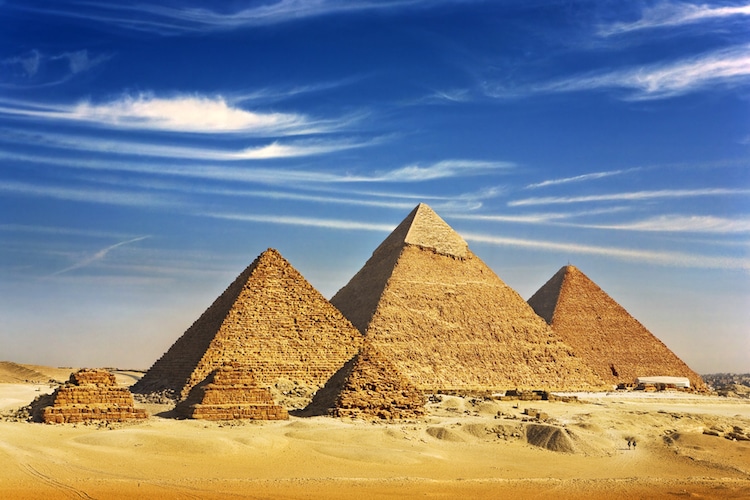Ambiguous Architecture
De Carlo speaks briefly about the ambiguity of the architect's role, and I find this portion of architecture's public to be thought-provoking. I have often thought about the perception of the 'architect', how the world sees us as a profession, as people, and I often find myself wondering if our profession would exist if it were not required by the government.
Of course, as a student of Architecture, and hopefully an eventual Architect, it is easy for me to write off these fears, of course, we are needed, and that is why we are required, not the other way around. But De Carlo points out that "the term has been applied to figures ranging from head brick-layer to God (supreme 'architect' of the universe)" and while I find this statement amusing, it is also painfully true. And the simple act of observing history from a high altitude reveals that architecture tends to come into reality only when a society has the money to support such a profession. which only further extends my worries that perhaps our profession is unnecessary.
De Carlo continues by saying "this unlimited latitude of meaning has weighed enormously on the density of those claiming the title because it has trapped them between the frustrating suspicion of not achieving the minimum and the exalted vanity of arriving at the maximum." Again returning to the high altitude historical observation, it seems that the value of the word follows a society's economy. perhaps when there is little money the worth of the architect is closer to that of the bricklayer, but if that same society is flushed with cash, the architect becomes Architect, and is suddenly worshiped to the point of stardom.





Comments
Post a Comment